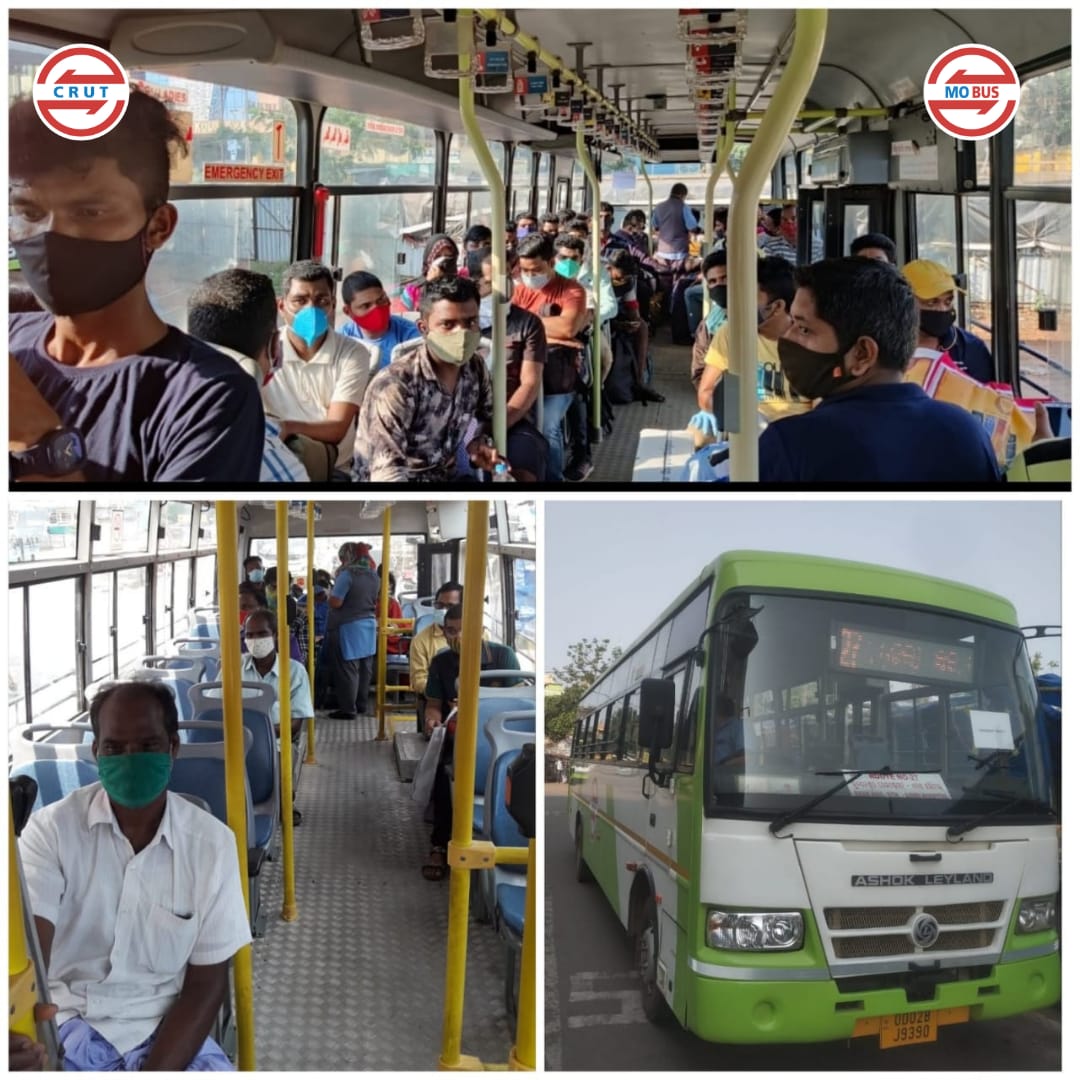New Delhi: Dr. (Prof.) Harish Hirani, Director, CSIR-Central Mechanical Engineering Research Institute, Durgapur inaugurated a “Naturally Ventilated Polyhouse Facility” and laid foundation stone of “Retractable Roof Polyhouse” at Ludhiana in Punjab.
Briefing about the technology, Prof. Hirani said that the farmers face number of problems such as excessive or insufficient cold, heat, rain, wind, and other factors associated with insufficient transpiration, and also crop losses in India due to insect pests is about 15% at present and this loss may increase as climate change lowers the plant defense system against insects & pests.
To some extent these problems can be overcome by conventional polyhouse. Conventional Polyhouse have a stationary roof to reduce the effect of weather anomalies and pests. However, there are still disadvantages due to roof covering which sometimes lead to excessive heat, and insufficient light (early morning). Besides this, they are also prone to insufficient levels of CO2, transpiration and water stress.
A combination of open field conditions and conventional Polyhouse conditions is a more robust way to deal with the climate change and associates problems in the future.
Dr. Harish Hirani also revealed that CMERI Extension centre, Ludhiana is installing a “Retractable Roof Polyhouse Technology”.
This all-weather structure will have an automatic retractable roof which will be operated based on weather conditions and crop requirements from the conditional database using PLC software.
This ongoing development will help farmers to cultivate both seasonal and off-season crops which can fetch higher yield, firmer and high shelf-life produce by creating optimal indoor micro-climate conditions compared to conventional open field tunnels & naturally ventilated poly houses, and also it is viable technology for organic cultivation.
Mr. Jagdish Manikrao, Senior Scientist, who is leading the research team on the development of this technology explained that the retractable roof will be used to manipulate sun light quantity, quality & duration, water stress, humidity, carbon di-oxide levels, and crop & soil temperatures. Dr. Pradeep Rajan, Sr. Principal Scientist, Head, Farm Machinery and Precision Agriculture further elaborated that this structure is being developed in collaboration with CSIR-IHBT, Palampur and in the process of integrating Artificial Intelligence in automating the Polyhouse based on the crop and weather requirements and providing an IoT enabled farmer friendly user interface.
The Director, also briefed that as the scientific experimental data on the advantages of the new Polyhouse system are lacking, therefore horticultural crops will be cultivated in both naturally ventilated Polyhouse and retractable roof poly house for comparing the crop production and produce quality.
With installation of Naturally Ventilated Polyhouse and Retractable Roof Polyhouse side by side, we can get the required scientific data and by analyzing the results we can enhance productivity. The developed facility will be used as a demonstration farm to the farmers.



